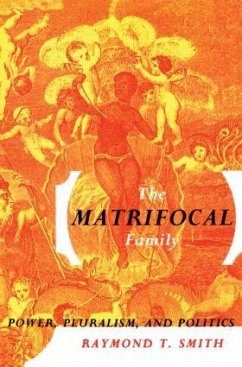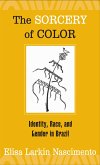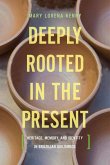Written by Raymond T. Smith over a period of more than forty years, the essays in "The Matrifocal Family" address issues of enduring and vital significance, cultural diversity and social integration. The concept of the "matrifocal family" developed in these essays denotes neither female-headed households nor female domination. Instead the essays in this collection focus attention on the enormous contribution made by women in maintaining family relations in situations of both racial and gender domination, and point to the crucial role played by family ties in creating and maintaining class and status hierarchies. Several themes run throughout the essays. One, deriving from the author's earliest work in Guyana and continuing through his most recent research in the United States, questions the common view of African American family life as "disorganized" and pathological. Without minimizing the severe problems that beset the poor and oppressed, or the social pathologies of modern urban life, Smith argues that the remarkable strength, resilience and diversity of African American kinship has been almost willfully ignored. The second theme running through these essays is Smith's view that race is neither the natural basis of social differentiation nor the inevitable starting point for cultural distinctions and political conflict. As the process of globalization has accelerated there has been, throughout the world, a counter process of racial and "ethnic" assertion resulting in what is now called "identity politics." "The Matrifocal Family" argues that there is no "natural" reason for societies to divide along lines of race or "ethnicity."
Hinweis: Dieser Artikel kann nur an eine deutsche Lieferadresse ausgeliefert werden.
Hinweis: Dieser Artikel kann nur an eine deutsche Lieferadresse ausgeliefert werden.








